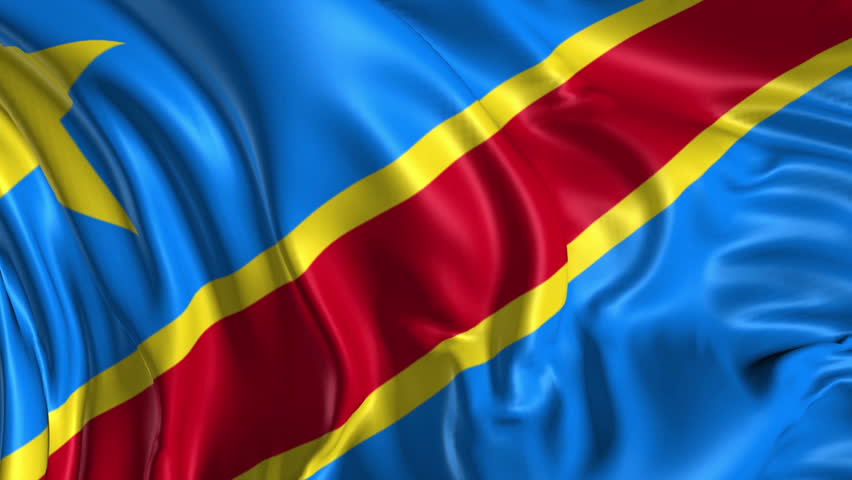Despite trusting instincts that always failed for so long, people are still patriotic enough to perform their civil right with the speck of hope that this time it would not fail them. Politicians everywhere are known for campaigning, speaking, debating and sometimes, responding to direct questions from the masses. The public is often convinced that majority trust and some dismay. Instincts are good signs but most times misleading.

The long-anticipated Democratic Republic of Congo’s elections scheduled for December 23rd, 2018 but was finally held on December 30th, 2018 over the territory proved that the thirst of the people of the Democratic Republic of Congo for a wind of change has eventually paid off. Although, there were exceptions of some cities in Butembo and Beni located in the North Kivu and Yumbi in the Mai- Ndombe province to be postponed till next March because of the security and health reasons.
For the first time in the history of Congo, an election loss is experienced against the incumbent government, with the majority of the votes for Felix Tshisekedi causing an astonishment for the people. Observers like African Union, ECCAS, the International Conference on the Great Lakes Region, SADC have commended the courageous act of the President Joseph Kabila and encouraged continuous peace amongst the political leaders. Nonetheless, one of the major observers: the Catholic church federation still disapproves the results of the elections and insists that the major opposition should be recognized as the winner in the person of Martin Fayulu.
The new big trend of African leaders graciously conceding to defeat as seen in neighboring countries like in Zimbabwe and South Africa, Congolese will follow suite and vote out the President Joseph Kabila’s marking the first uncontested democratic transfer of power for the people since the country gained independence from Belgium in 1960.
The people of Congo may soon have a breath of fresh air in their political system but the question that comes to mind is that to what extent can we expect change? Should it be positive or negative? What will be the aftermath effect of this newness to the current state of people?
The Democratic Republic of Congo is one of Africa’s finest countries, its population diversity with over 85 million citizens cannot be disputed with its youths and adults perfect polyglot, resulting from displacements and of course economic circulation to bordering countries. The Democratic Republic of Congo is the second largest country in Africa in terms of the superficial with lots of resources like cobalt, copper, niobium, tantalum, petroleum, industrial and gem diamonds, gold, silver, zinc, manganese, tin, uranium, coal, hydropower, timber. To be certain, it’s the highest producer of Cobalt in the world without which the production of mobile phones might not be complete. In terms of the underworld, the great Congo River is the deepest and in it we find more than 400 fish species which are quite particular to this country, the only ones we will find in the world.
Despite all the potentiality of DRC having fertile soil, a latent hydroelectric power and lots of mineral resources still suffers from series of socio-economic problems with the continuous incessant violence of rebels and different armed groups, sexual harassment and rape, high mortality rate, extreme poverty, hooliganism, lack of access to good water resources or sanitation and even massive human rights violations.
In a conference, when a pro-Congo activist spoke about his discontentment for the situation of his country. He said « if we put out all the riches and the resources of Congo, it is enough to feed the whole of Africa, he added that the country is so fertile that a seed of beans or orange just by dropping at any point will yield into a tree and into sacks of beans without the need of fertilizers or special planting techniques».
Howbeit, citizens expect a brisk adjustment as they await the swearing in of the supposed president but can one man bring a long lasting solution to a so fragile and susceptible country after lingering in civil war and post-civil war crisis over the years? What will be done in reintegrating the displaced citizens? Will Children be protected? Is this the end of massive sexual violence and rape of women? Is this a possible solution of security and stability for North and South of Kivu?
When we look at the previous examples of other African countries that have voted out authoritarians, unwanted presidents, or even incumbent presidents after so many years in power, it does not result in any change but further worsens the condition of the people as they early see faults in the newly elects and creates further tension.
We would say that this indeed marks a milestone in the history of DRC Congo but the people should not expect more than the realizable from the incoming government.
